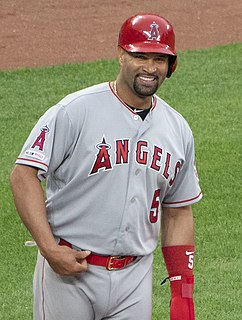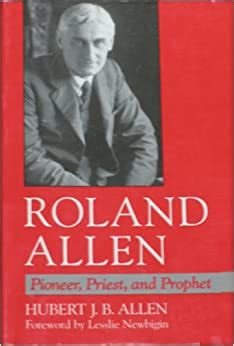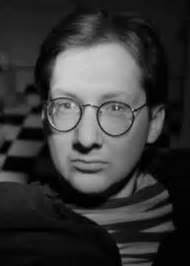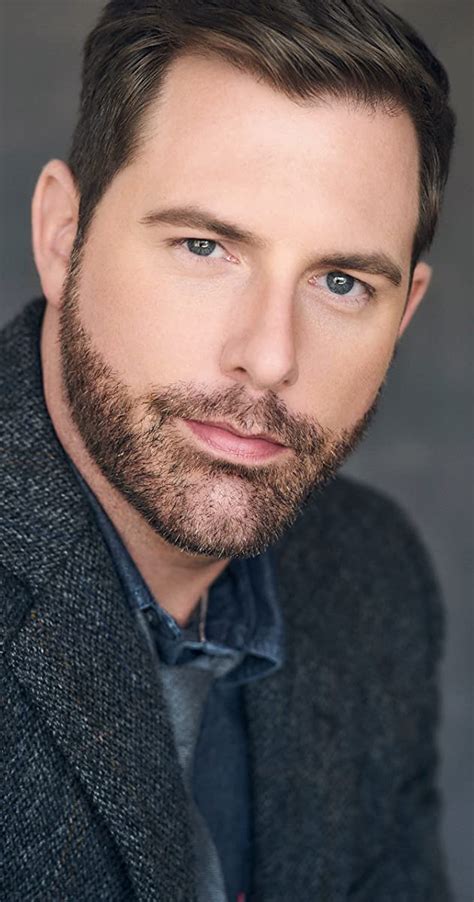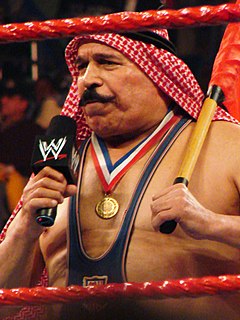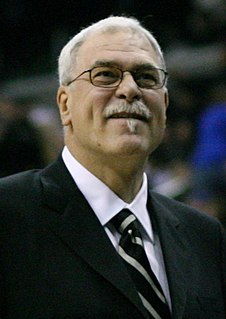A Quote by Shelly-Ann Fraser-Pryce
My coach and I will have these arguments where I am in pain or something is wrong, and I won't tell him because I feel like I need to train. We have a blow-up of arguments, and he says, 'Shelly, you need to tell me when these things are happening.'
Related Quotes
You came to my life with what you were bringing, made of light and bread and shadow I expected you, and Like this I need you, Like this I love you, and to those who want to hear tomorrow that which I will not tell them, let them read it here, and let them back off today because it is early for these arguments.
Satire works in a bunch of specific ways, like a very precisely-geared bomb. It's a bit like something that looks harmless, and you swallow it, but once it's inside you it's too late, and it triggers, blowing up. And it's your specific inner beliefs and faulty arguments that trigger a satire bomb. If your arguments work, the bomb doesn't trigger, it doesn't need to.
Highly technical philosophical arguments of the sort many philosophers favor are absent here. That is because I have a prior problem to deal with. I have learned that arguments, no matter how watertight, often fall on deaf ears. I am myself the author of arguments that I consider rigorous and unanswerable but that are often not such much rebutted or even dismissed as simply ignored.
I am well acquainted with all the arguments against freedom of thought and speech - the arguments which claim that it cannot exist, and the arguments which claim that it ought not to. I answer simply that they don't convince me and that our civilization over a period of four hundred years has been founded on the opposite notice.
Most of this film, however, is about interpretation - are these people terrorists or freedom fighters? Are they good or bad? Is cutting timber good or bad? And I don't feel like the answers to those questions are simple, so we don't try to answer them for the audience. I wanted to elicit the strongest - and most heartfelt - arguments from the characters in the film and let those arguments bang up against the strongest arguments of their opponents.
I know what it takes to be a coach. I've gone through that. I think I came up short my last season. Lots of things were happening physically to me, and emotionally, perhaps mentally, too. I thought it was time to tend to more important things, like health and like family. I still enjoy that, and I don't think I have any need to go back to coach.
Everything my fans tell me is the way I felt when I was a Tupac fan coming up. My fans tell me, 'Boosie will make you feel like you was in the household watching everything that was happening to me, with your music.' That's how Tupac made me feel, like everything he was talking about I was living. My music do that, you know?
I have something I need to tell you," he says. I run my fingers along the tendons in his hands and look back at him. "I might be in love with you." He smiles a little. "I'm waiting until I'm sure to tell you, though." "That's sensible of you," I say, smiling too. "We should find some paper so you can make a list or a chart or something." I feel his laughter against my side, his nose sliding along my jaw, his lips pressing my ear. "Maybe I'm already sure," he says, "and I just don't want to frighten you." I laugh a little. "Then you should know better." "Fine," he says. "Then I love you.

